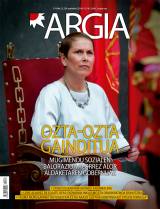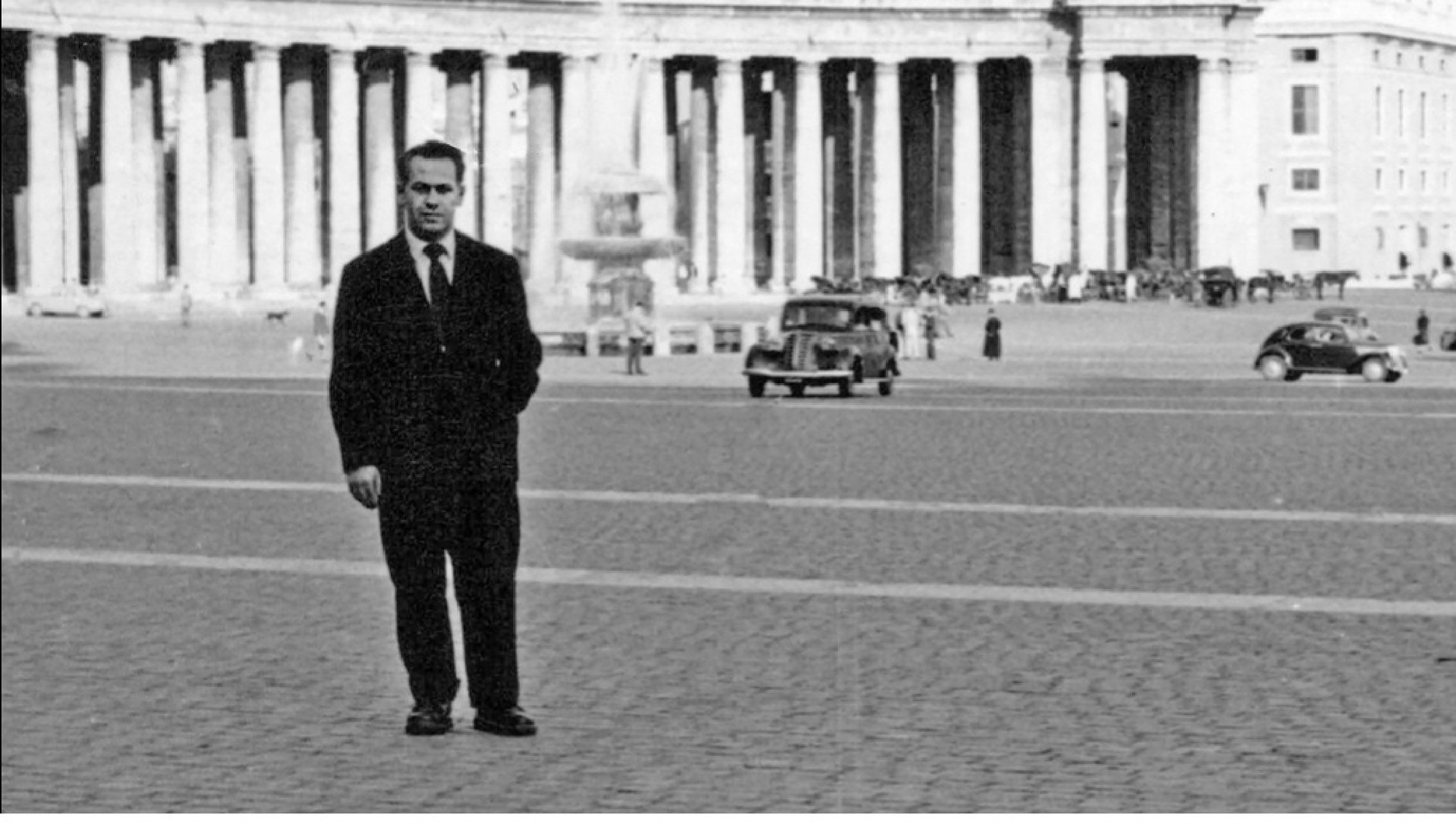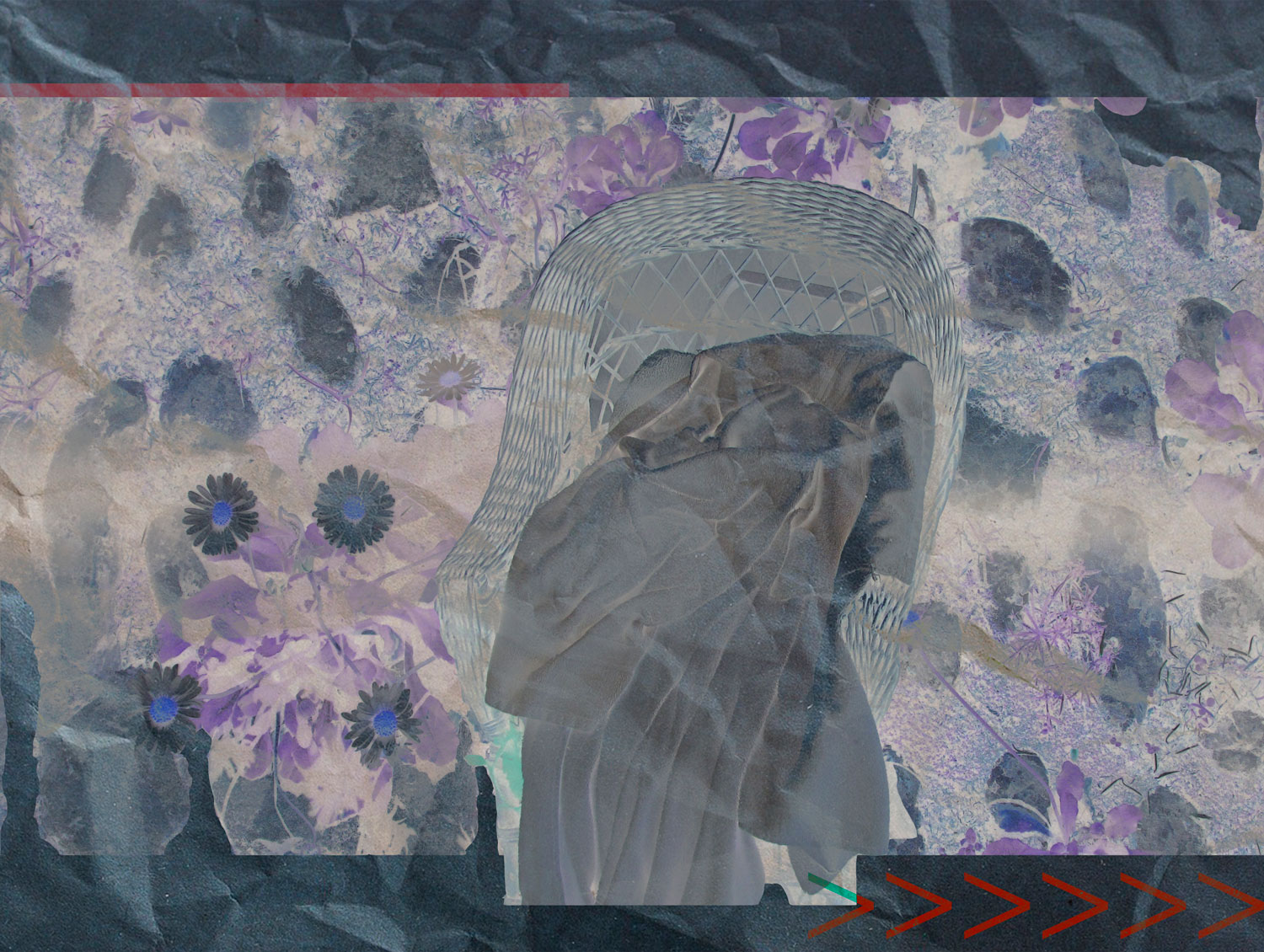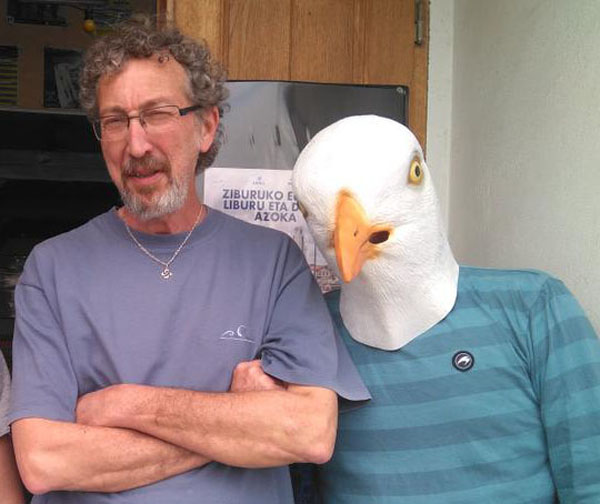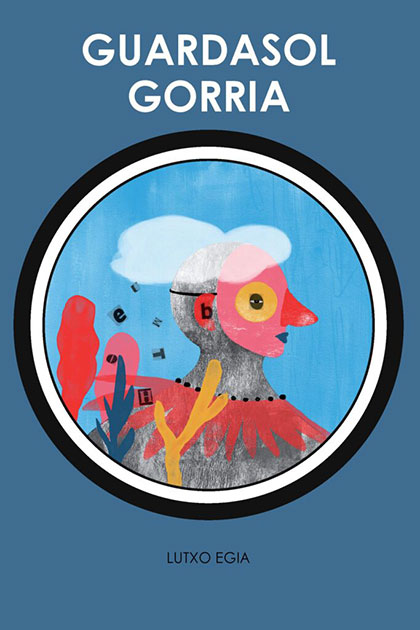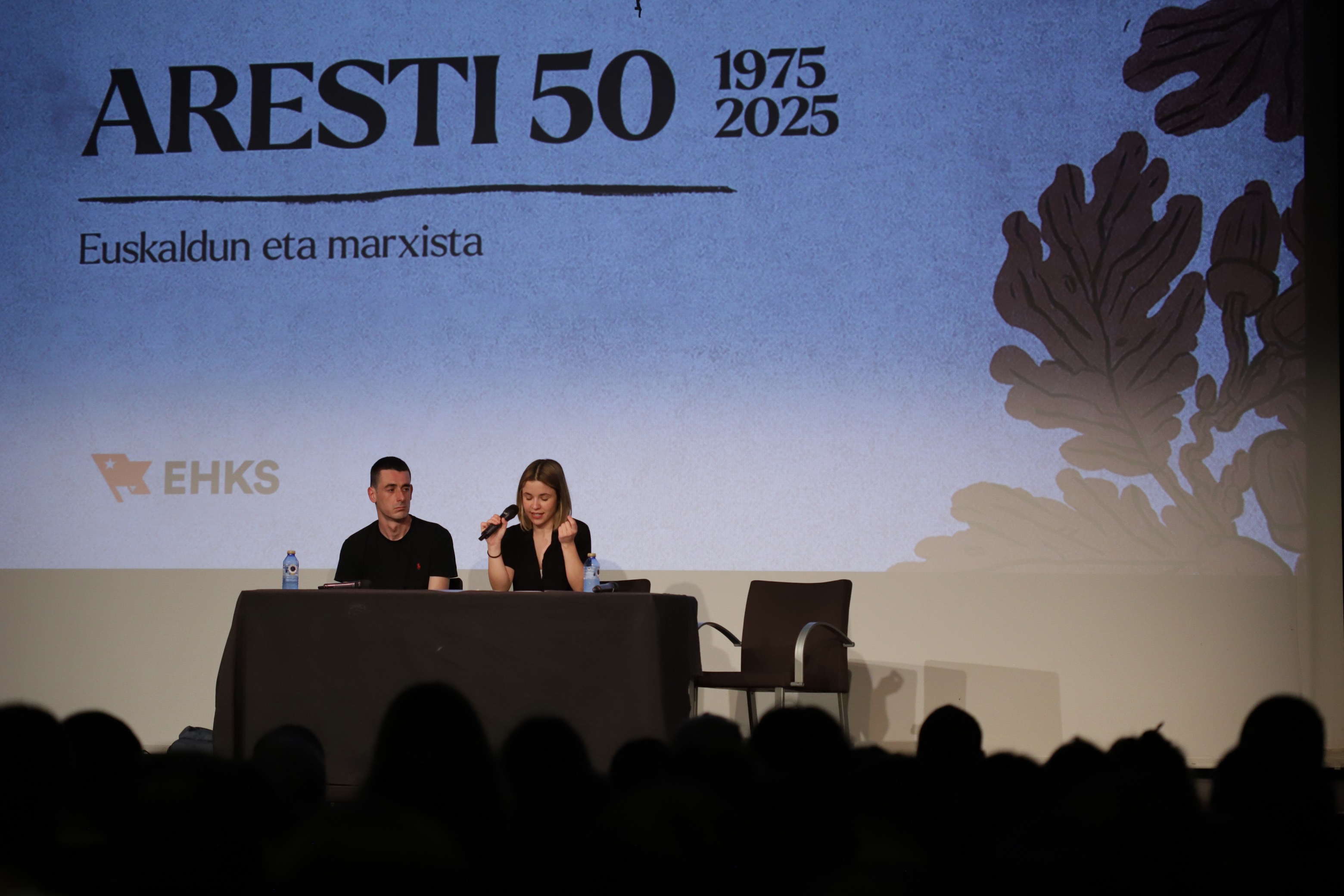"Books seem to matter less and less and the writer has to give war."
- The Belarusian writer Patxi Irurzun has always been courageous, direct, critical, tender and humorous; most of the time bitter and stabbing. The wind owners, their new work, are open to candles. Far from the urban environment, this extraordinary adventure has as protagonists Basque witches and pirates, condemned and marginalized.
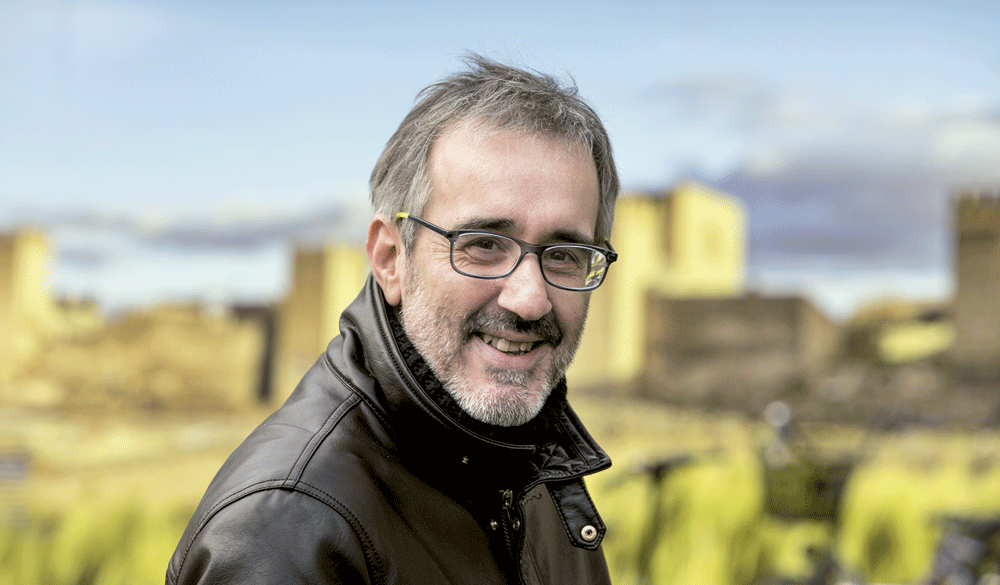
Filologoa ikasketez, idazlea, kazetaria eta etxekogizona lanbidez. 19 urterekin argitaratu zuen lehen ipuin bilduma: Cuentos de color gris. Geroztik ipuin asko eta 38 liburu plazaratu ditu mota eta gai oso anitzekoak. Aurten, Ultrachef, sukaldaritza lehiaketei kritika egiten dien liburua, Pan duro eleberri surrealista, Radio Euskadiko Caerás en el infierno irrati nobela eta Harper Collins munduko bigarren argitaletxe garrantzitsuenarekin Los dueños del viento eleberria argitaratu ditu. Bere artikulu eta elkarrizketak Diario de Noticias-en eta Gara-n irakur daitezke, bi irakurketa taldetako arduraduna da, bi seme-alaben aita eta etxekogizona ia jardunaldi osoz. Euskaldun berria, EGArekin borrokan dabil.
You can say that you are a professional writer. There are not many of you who can say that, right?
Now you can say I'm a writer, but I live in a very precarious way, and because we get along well between my wife and I. I do a lot of things because living alone with books is very difficult. Before I get here, I've done everything. I have worked in Porcelanas del Norte and other workshops, then I was a bakery, a librarian at Alsasua and Falces, I worked as a journalist at a communication agency until I left there…
Have you always been passionate about being a writer?
I think so. When I was five or six years old, I wrote my first story. I remember one day we went to the mountain and I got hurt in my hand, and my mother gave me paper and pencil to entertain me. I was writing a story, telling how I played with the other kids.
What is literature for you?
Literature allows me to do things that I can't do in reality. It allows me to get into the skin of other people. Literature for me is everything and I cannot separate my “civil” life from the literary one.
But the author of your books and you are very different.
I'm a very introverted person and I struggle to get in touch with strangers, so for me, literature is a way out. I struggle less with writing than talking. Many people were astonished at me when he met me after reading some of my rather miserable writings. There is a compensation mechanism.
So, don't you be ashamed to express your personal accounts?
Not especially. In the newspaper God never prays, for example, I counted a summer of my life. We had just fired ourselves from work and waited for the second child, and I was asking myself who might be interested in those personal stories, but the surprise was that a lot of people felt identified.

Is it increasingly difficult to preserve the privacy of the writer?
Today the artist has to demonstrate much more in the media and in social networks. One thing is creative work and the other your personal life, but it's getting more and more confused.
It seems that books matter less and less and that the writer has to wage war everywhere. Sometimes I feel heavy, always sneezing, counting what I've done, what I've been doing.
Do we live at an ever faster pace?
It is increasingly difficult to find a little time to read books, newspapers, magazines… Reading full news is becoming rare today. And it's also noticeable in literature. For example, I am surprised to hear how wind owners present themselves as a “literary novel.” When a novel is not literary, what is it? Nothing but spending time? A quick reading of consumption that leaves no rest, no trace? That's what they say, and I think things are going around. That's what literature is looking for that is massively commercialized.
Sometimes I think writers are not endangered species. I've always felt strange, but lately more. Storytelling is what will never go away. This coincides with the human being. It's always happened and it's going to happen, and that's where hope comes from.
Is the story the gender you want the most?
Yes. I started with stories, and it's my favorite genre. It is very grateful, very suitable for today's life and yet I think it lacks prestige, prestige.
Perhaps, instead of a story, we should say “short narration”, or better “short literary narration”…
Of course, yes! A well-known writer said that between stories I wrote a novel and I have the same thing. Humor is also not very named, so I am glad that he has given the Cervantes Prize to Eduardo Mendoza. It's been a confession to humor literature.
Your first book was a series of stories.
Yes. When I was 19 years old I won the literary competition City of Palencia with Tales of gray color and was published by the town hall. At the award ceremony, I also came up with a curious thing: The prize amounted to 75,000 pesetas. When the culture councilman gave me the portfolio, it occurred to me to look inside and I realized there was a little money left. I told her I was very embarrassed and asked for forgiveness and gave me what was missing. And behold, years later I saw in a newspaper that was condemned for corruption!
You are perfectly portraying Pamplona and underground environments. Do you feel like a generation spokesperson?
My literature, in general, is quite autobiographical, except for the last book, and for my generation there are many things and gestures. However, I use very different registers. A lot of people, for example, have met me now with this new job, and I don't know what they can feel when I meet that older, more ironic writer with ugly books.
“Being located in the Basque Country and presenting some songs in Euskera was an impediment for some editors”
What is the importance of music in your texts?
Stop. I'm a frustrated musician. I've always loved music, especially rock. It is a direct artistic expression, which generates strong and primary emotions. I've never been good at music, and that's why, maybe, it's a lot in my books. In the last novel appear my idols Narcotics and Kutxi Romero.
Has Euskera been a sign of rebellion for you?
Yes, partly yes. I started learning because I felt we had been taken away from something that belonged to us. It was a duty towards myself. The family of the mother was from neighboring Huarte de Pamplona, from the house of the Works (Best). However, rejection, almost hatred, which I have seen in some older people has always made me painful.
I haven't been very constant learning, but lately I've kept it again. At home I find it very difficult to talk to the children, because it also becomes weird for them, but every day I listen to the radio, I read, I'm getting to know some interesting writers, I do interviews… I'm proud and happy.
And write?
I have made some attempt, but at the moment I see it very difficult.
You are a guide to two reading groups. Is this a booming initiative?
I think so. It seems a bit hopeful. At first I looked very distraught, but then I saw how enriching it is to share ideas among the readers. In addition, these clubs serve to find readings. Maybe it's a way to get to books that we wouldn't have come any other way.
This year you have written the prologue to the Ultrachef books. The book is a fun critique of television cooking contests.
I've had a great time. It's a work by Miren Lacalle, a former vocalist of the legendary punk group Las Tampones, who just published the Edurne label. I've only helped publish. In addition, the Donostian cook Edorta Lamo was encouraged to make the impossible pintxos that appear in the book and has been a success. He made pintxos such as “Peregrine Cheese,” “Flying Rat Foie,” and “Cienaga Fruit Tortillas.” There's Look, and I want to order more things.
He has also written a radio book, You will fall into hell.
I was asked for it at Euskadi Radio. They say they're very fashionable in Australia and elsewhere, especially among young people. I took it as a challenge, starting from my experience, without worrying too much about other models. I realized it was an opportunity to put in a lot of resources and humor. It tells the return of the legendary Eskupitajo group. It was a lot of fun to do. Then, the result is not exactly as you imagine, but well…
The wind owners are their most recent work. This time you've gotten into witches and pirates. Have you chosen the pirates or them to you?
They believe me. We all have a pirate inside and I have risen my own. As a kid, I've been playing pirates. The idea emerged in 2004. I found a reading, a film and a musical guide about pirates. I found music to be especially interesting, and I started researching the subject. That's how I got to the Basque pirates.
It has been a long and difficult journey over twelve years. It's located in the 17th century, and I've had to read and investigate a lot. So in the meantime, I've written other books.

What are pirates, heroes or golfers?
Pirates couldn't help but become pirates. It was the poorest and most marginalised people in Europe. They were often homeless, offenders, or black slaves run in America. My protagonist, Joanes de Sagarmin de Zugarramurdi, is the son of a woman considered a witch. Once you lose everything, your only way out into the sea.
Tap the alboka. Why?
On the crews of the pirate boats, musicians were very important. I've chosen alboka because it's a very powerful melody. It is a circular breath and I wanted to play with it: by playing the alboka, the protagonist remembers the place where it has been lost, the house, the family, the language…
Is it a book full of gestures?
The songs of the pirates include the letters of The Drugs, Kutxi Romero and Kirmen Uribe. And I've also made literary gestures to the Treasure Island, to La Celestina and to some works by Cervantes. Sarrionandia is also in the book, because the protagonist also argues that Euskera is our only free territory.
What's the main conclusion you've drawn about witches?
It was a form of repression against several women. I have tried to give logical explanations. For example, the people of Urdax depended on the abbot, while the people of Zugarramurdi were free, so they tried to control them. Behind the processes against the alleged witches are the desire for control and “domesticated” revenge.
Did you want to work with this work on themes of culture and history of Euskal Herria?
Yes, and I have had problems in that regard. The fact of being located in the Basque Country and presenting some songs in Euskera, for example, was a drawback for some editors. Some see these things from a political point of view and it costs a lot to overcome that. It is very disappointing. However, I am pleased and thanks to this book some readers have had a small relationship with this culture, which otherwise would not have it.
The great editorial Harper Collins has published the book, what experience has he had?
It's the second largest publishing house in the world. There was a circulation of six thousand copies and the second is now under way. I hope it will help me to make my work known outside of here.
Are you going to continue down the same road?
Considering the work and the difficulties, I had no desire to return to a historical novel, but seeing the success of it I think it might be selfish to say no. The editorial staff are very happy and in the presentation we made in Madrid I was encouraged to follow.
And now what do you have in your hands?
I'm making a collection of narratives commissioned by the Paris 365 solidarity dining room. These are personal stories, narrations based on the experiences of ten people and some very hard. Immigrants coming from patera, homeless families…
“Bizitzan dudan lotsa guztia galtzen dut idaztean. Idazleak, oro har, ez dira imajinatzen ditugun bezalakoak, horregatik batzuetan idazleak ezagutzea ez da komeni izaten”.
“Kortsario eta piraten kofradien arauak oso bitxiak ziren: ondasun pribaturik ez zegoen eta buruzagiak denen artean aukeratzen zituzten. Batek abordatze batean gorputz atal bat galtzen bazuen diru sari bat kobratzen zuen trukean. Demokrazia zuzenaren oso adibide interesgarria iruditzen zait. Gure gaurko demokrazia baino aurreratuagoa behintzat, bai”.
“Los dueños del viento liburuan euskal-nafar kultura ‘gehiegi’ omen dago editore batzuen ustez. Aurreiritzi pila bat daudela ikustean izoztuta gelditzen zara”.
Mi papá me mima artikulu bilduma, gurasotasunaren alde errealista, samur eta dibertigarriena; ¡Oh, Janis, mi dulce y sucia Janis!, pornoaren izar bilakatzen den kale garbitzaile baten istorioa; Pan duro, absurdoak diren gauzak gerta daitezkeen Zarraluki herrian kokatutako gazteentzako eleberria; Dios nunca reza egunerokoa; Atrapados en el paraíso, Manilan dagoen Payatas, munduko zabortegi handienera eginiko bidaiaren kronika; La tristeza de las tiendas de pelucas, ipuin sorta Euskadi literatura lehiaketaren finalista 2014an; La virgen puta; Ciudad retrete; haurrentzako liburuak; Nafarroako kondairak…
Now that everyone has become more Franciscan than the Pope, it’s worth remembering our unsurpassed classics. There was one in the 17th century, his grace was Arnaut Oienart. And since we can’t immerse ourselves in all his works, today we will praise O.ten youth in... [+]
Aurreko tertuliako galderari erantzuteko beste modu bat izan zitekeen, akaso modu inplizituago batean, bigarren solasaldi honetako izenburua. Figura literarioaz gaindi, pertsonaia zalantzan jartzeko, edo, kontrara, pertsonaiaren testuingurua ulertzeko saiakera bat. Santi... [+]
Martin Martina and the Mystery of the Golden Comb
by Amancay
Gaztelañaga Batu, 2024
-----------------------------------------------------
Amancay Castañaga launches the mystery of Martín Martina and the golden comb accompanied by the illustrations of Alain Martínez... [+]
The annoying noise of the works of the neighbors has awakened me even today. I put my head on the pillow, and I tried to sleep for another twenty minutes, but there was no one to shut that drill down. I woke up and looked at the table of duties that I did at the beginning of... [+]
Guardasol gorria
Lutxo Egia
Susa, 2024
Under the asphalt, the flower
Text: Monica Rodriguez
Illustrations: Rocío Araya translation
of: Itziar Ulcerati
A fin de cuentos, 2025
Ereserkiek, kanta-modalitate zehatz, eder eta arriskutsu horiek, komunitate bati zuzentzea izan ohi dute helburu. “Ene aberri eta sasoiko lagunok”, hasten da Sarrionandiaren poema ezaguna. Ereserki bat da, jakina: horra nori zuzentzen zaion tonu solemnean, handitxo... [+]









